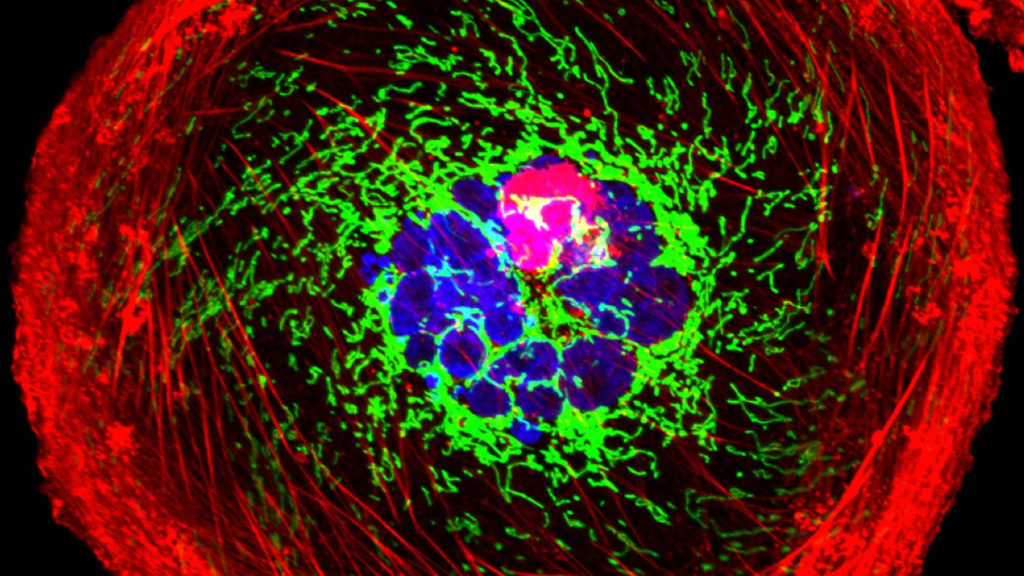New data suggests researchers may have found one of their most promising candidates yet for the next generation in immunotherapy drugs — bispecific antibodies targeting two key proteins in cancer, PD1 or PD-L1 and VEGF.
A small early trial on one such bispecific compound was presented by researchers working with BioNTech at the San Antonio Breast Cancer Symposium on Tuesday. The bispecific compound, called BNT-327, had positive results in patients with triple negative breast cancer. If future trials on the bispecific produce more positive data, it could become a critical part of how triple negative breast cancer — and potentially other cancers — are treated.
The research builds on the 1990s discovery of immunotherapy drugs called checkpoint inhibitors, which was “transformative” in oncology, BioNTech co-founder and CMO Özlem Türeci told STAT. Drugs like Merck’s Keytruda can help stimulate the immune system to find and kill cancer cells and have become a mainstay in the standard treatment of many different cancer types.
“But there’s still space for improvement. We all were looking for the next-generation checkpoint inhibitors,” Türeci said. “I believe PD-L1 or PD1 and anti-VEGF bispecifics are exactly this next-generation compound.”
advertisement
The potential of such antibodies captured the attention of oncology researchers recently when Summit Therapeutics released data showing that their PD1 and VEGF bispecific antibody outperformed Keytruda in a head-to-head Phase 3 trial in advanced lung cancer. Experts told STAT at the time that the results were “striking” and “impressive,” though they recommended caution about the data until investigators can show that the drug extended life, a key measure in oncology research called overall survival.
STAT+ Exclusive Story
Already have an account? Log in


This article is exclusive to STAT+ subscribers
Unlock this article — plus in-depth analysis, newsletters, premium events, and news alerts.
Already have an account? Log in
To read the rest of this story subscribe to STAT+.

